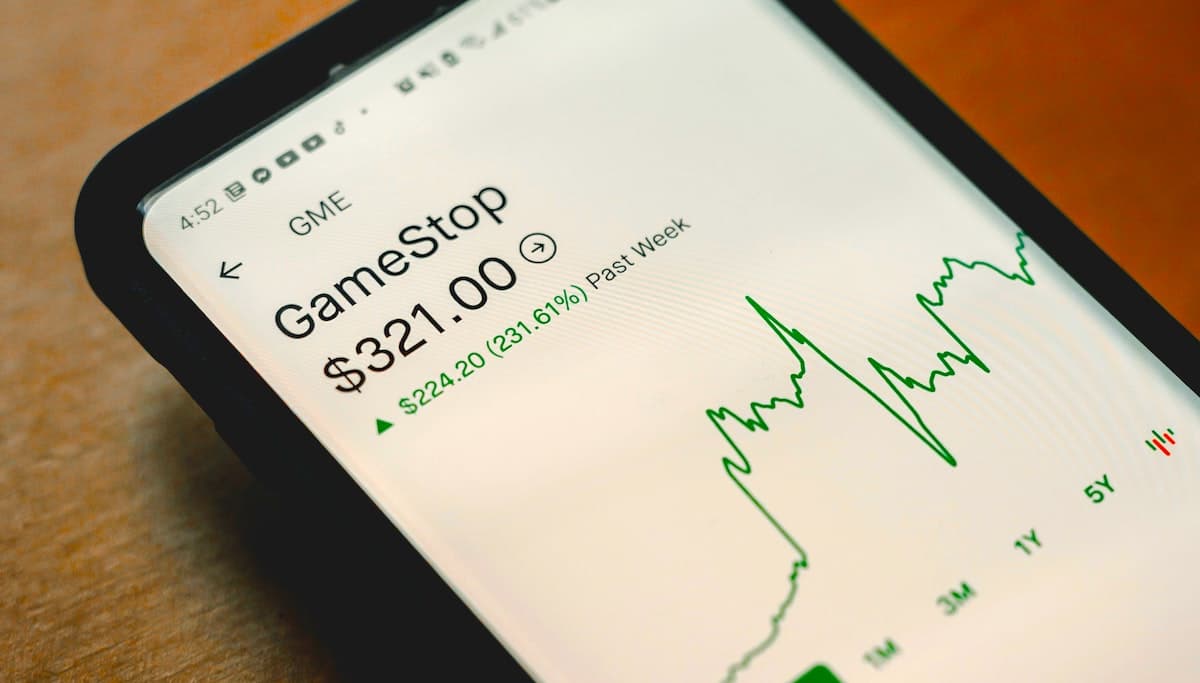You don’t often witness the richest man in the world publicly grilling another CEO on how his company has handled its customers.
“Did you sell your clients down the river or did you have no choice?”
That’s the kind of straight-shooting line of questioning Tesla and SpaceX business magnate Elon Musk had for CEO Vladimir Tenev, whose broker-dealer app RobinHood recently came under fire for halting trading on a little company you may have heard of at this point: GameStop.
The GameStop saga has been the talk of the business and financial world for weeks now, ever since Reddit users from the discussion board /r/wallstreetbets kicked off a buy fest that saw the American video game, consumer electronics, and gaming merchandise retailer brand experience a meteoric and gobsmackingly quick rise in the market.
In around two weeks, GameStop had a share price rise of around 1,500 percent, reaching an intraday high of $US483.00 on January 29th. And in what has been seen as a kind of win for “the little guy,” the type of hedge funds that were deemed responsible for having shorted the stock in the first place were met with big losses.
You can imagine the fury that erupted when RobinHood, during the craziness of traders jumping on GameStop stock, decided to restrict buying without much in the way of explanation at the time. Even class action lawsuits have followed.
Surprise interview time
“Spill the beans, man,” Musk said to Tenev during an appearance on Clubhouse, a now hyped-up voice-based app still in beta mode. “What happened last week? Why couldn’t people buy the GameStop shares? The people demand answers, and they want to know the truth.”
Caught on the defensive, Tenev said that the trading rush had caused an “unprecedented load on the system” and that RobinHood – at 3 in the morning – had received a $US3 billion security deposit demand from National Securities Clearing Corporation (NSCC).
“Now, why is that so high?” Musk asked. “Like, this seems like, it sounds like an unprecedented increase in demand for capital. What formula did they use to calculate that?”
The RobinHood CEO admitted the formula was “not fully transparent” and “not publicly shared,” and made it clear to Musk that nothing “shady” had transpired.
“It was unprecedented activity. I don’t have the full context about what was going on, what’s going on in the NSCC to make these calculations,” said Tenev.
“Blink if someone is holding you hostage right now,” Musk quipped.
Tenev revealed that RobinHood’s negotiations with the NSCC managed to work the $US3 billion figure down to $US700 million. But the process, Tenev conceded, did not provide an outcome that was great for RobinHood customers.
“So that essentially explains why we had to mark these symbols as ‘position closing’ only… We knew this was a bad outcome for customers,” Tenev said.
“Part of what’s been really difficult is RobinHood stands for democratizing access to stocks, and we want to give people the access. So that’s been very, very challenging.
“But, we had no choice in this case. We had to conform to our regulatory capital requirements, and so the team did what they could to make sure we were available for customers.”
Which brings us to the aforementioned quote from Musk, who said that NSCC’s filing was like “basically [placing] a gun to your head either hand over this money or else. Basically, what people are wondering is like did you sell your clients down the river, or did you have no choice?”
“If you had no choice, that’s understandable. But then we’ve got to find out why you had no choice and who are these people that are saying you have no choice?” Musk added.
The Tesla CEO asked if RobinHood was actually at the mercy of Citadel, reportedly the biggest market maker of RobinHood and buyer of its substantial trading data.
“You’re getting into conspiracy theories a little bit,” Telev told Musk.
Musk vs. Short Sell
Musk has not been shy when it comes to his dislike of the trading strategy that is short selling. The short sell has traders attempting to make a profit based on a stock’s decline by borrowing assets, selling them, later purchasing the same type of securities with an aim to return them to the lender, and making a profit equal to the difference if the price has fallen.
But if the price has risen, that’s a loss – something a number of short sellers of GameStop have seen. And since there is quite a history of short sellers betting on Tesla’s fall, this is something Musk is only too happy to egg on.
Keep up to date with Dynamic Business on LinkedIn, Twitter, Facebook and Instagram.

